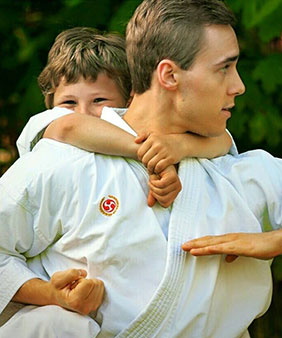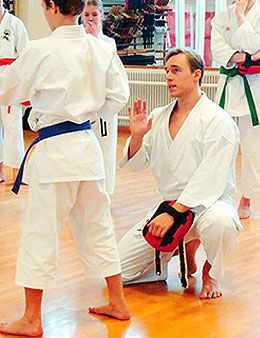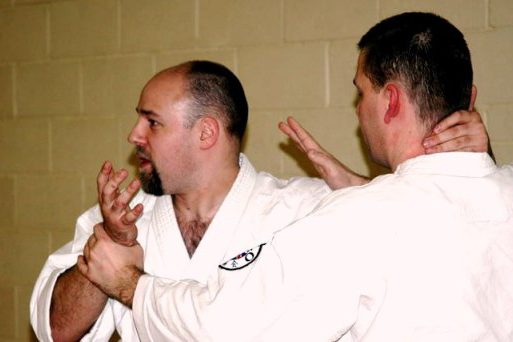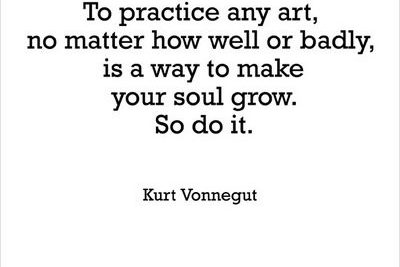
Being a Karate instructor isn’t easy.
Especially not if you teach kids.
It requires knowledge, creativity, psychology, kindness and looooots of patience.
But that’s not all.
If you teach kids, you shape the future of Karate.
What a HUGE responsibility!
That’s why it’s SUPER IMPORTANT that you’re GOOD at teaching kids’ classes.
(Otherwise, you sabotage the future of Karate.)
So…
How can you become GOOD at teaching kids?
By first making sure they love and respect you.
Once you achieve that, the rest almost takes care of itself.
To help you, today I share my top 3 secrets for being a Karate instructor that kids love and respect – based on my experience from being both a “Karate Kid” and instructor.
I’ve never told these secrets to anyone before.
Check it out!
1. Reward Good Behavior (Don’t Punish Bad)
First of all…
There will always be kids in your class who behave like devils.
They scream, pull your hair, kick each other and cause a ruckus.
On the other hand, there will also be kids who behave like angels.
They stand perfectly in line, practice diligently and never make noise.
Here’s the important thing:
- You should focus on rewarding the angels.
- Not on punishing the devils.
In fact, you should ignore the “devils”.
Why It Works:
What you acknowledge, you reinforce. By openly approving good behavior – with your attention, words and actions – kids learn that good behavior is rewarded and therefore starts gravitating toward that.
It’s basic psychology.
Don’t yell at kids who misbehave.
Instead, reward kids who behave.
Gradually, the devils will become angels.
2. Never Ever, Ever, Ever, Ever Get Angry
Kids can sometimes be a nightmare to handle.
(Especially if you don’t have assisting instructors to help you.)
But no matter how wild the class is; never ever, ever, ever show anger.
If you find yourself screaming at your class, ask yourself this:
“Am I angry at the kids or myself?”
You’re supposed to be the calm and composed leader.
Don’t make a fool out of yourself.
Why It Works:
Kids don’t do what you say. They do what you do. And they easily forget what you tell them – but they rarely forget how you make them feel.
So, if you want kids to love and respect you, be strong, warm and secure.
Act the way you want the kids to behave.
Be a role model.
Not a loose cannon.
3. Always Begin & End With Fun Stuff
Finally…
The first and last exercise of each Karate class must be fun.
(For example; a mini game of balance, coordination or agility.)
It doesn’t have to be advanced, just something that puts smiles on the kids’ faces.
Why It Works:
Scientific research tells us that kids’ attention, and subsequent memory, of an event (like a Karate class) is hyper focused during the first and final minutes of the event.
Therefore, the first and last moments (5-10 min) of class must be fun.

Interestingly, it doesn’t matter if the rest of class is ultra boring, because the kids will remember the whole class (45-60 min) as being fun.
Works like magic.
And that was my top 3 secrets for being a Karate teacher that kids love and respect.
However…
You should know that love and respect doesn’t come quickly or easily. Oh no.
It needs to be earned over time.
But when you finally get it…
Everything changes.
Trust me. ; -)



44 Comments